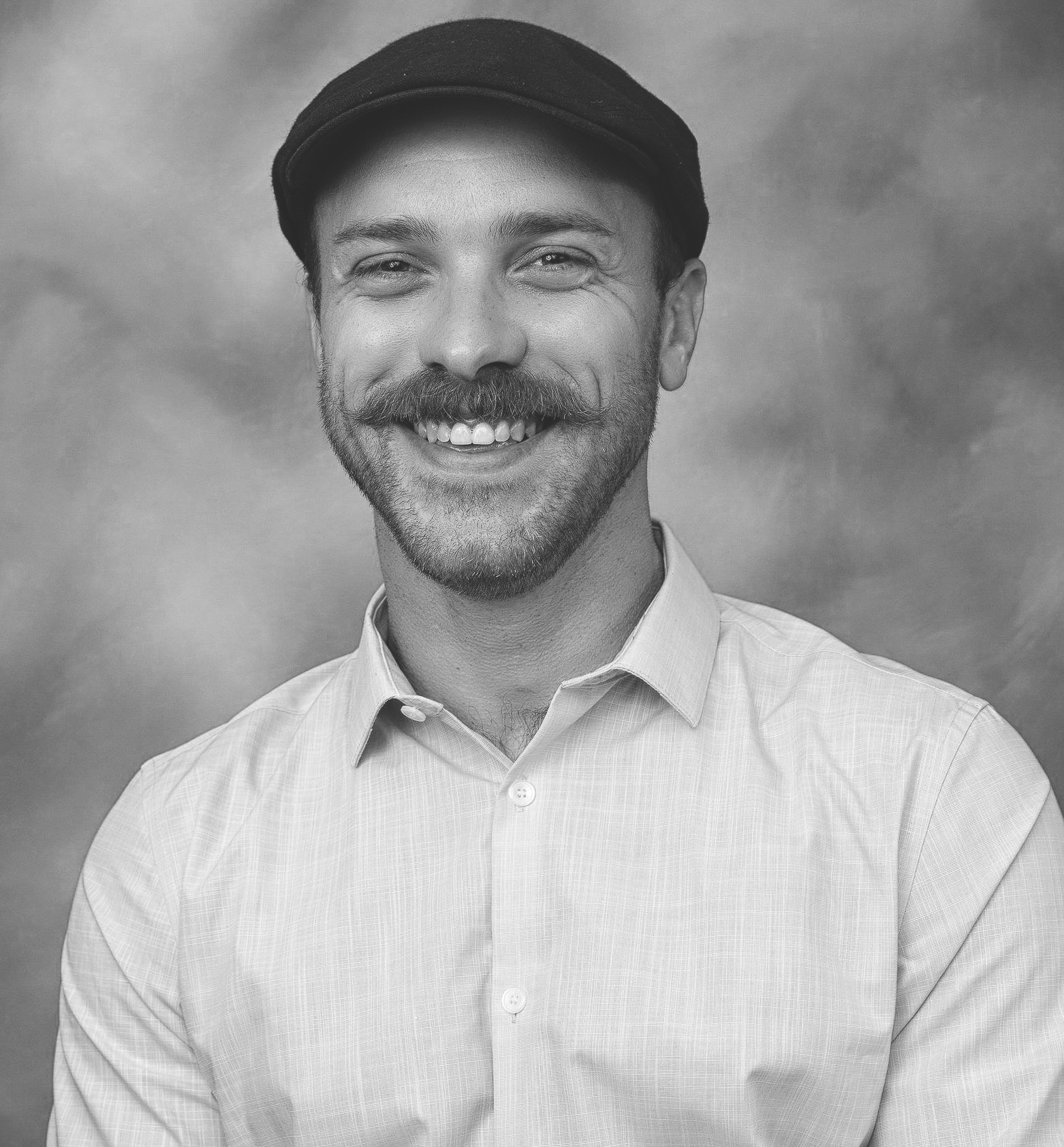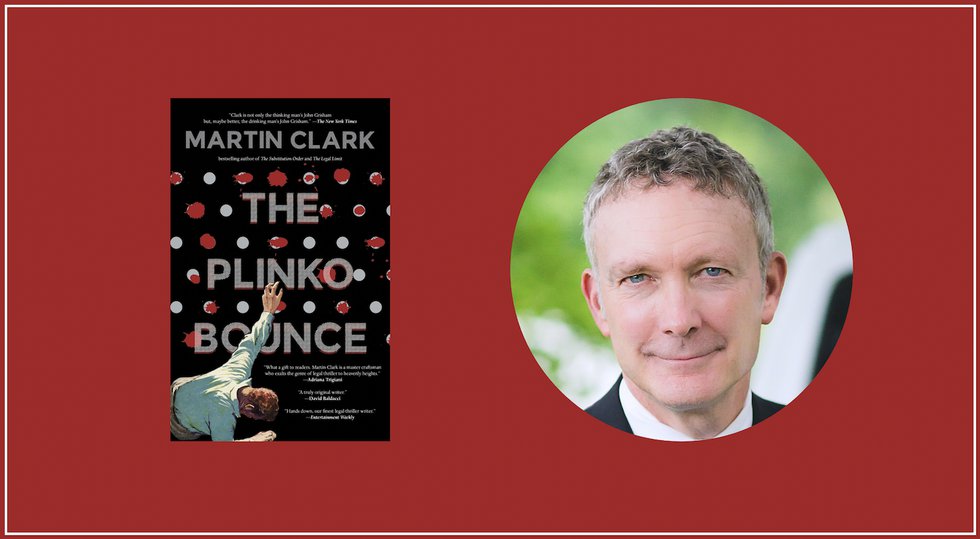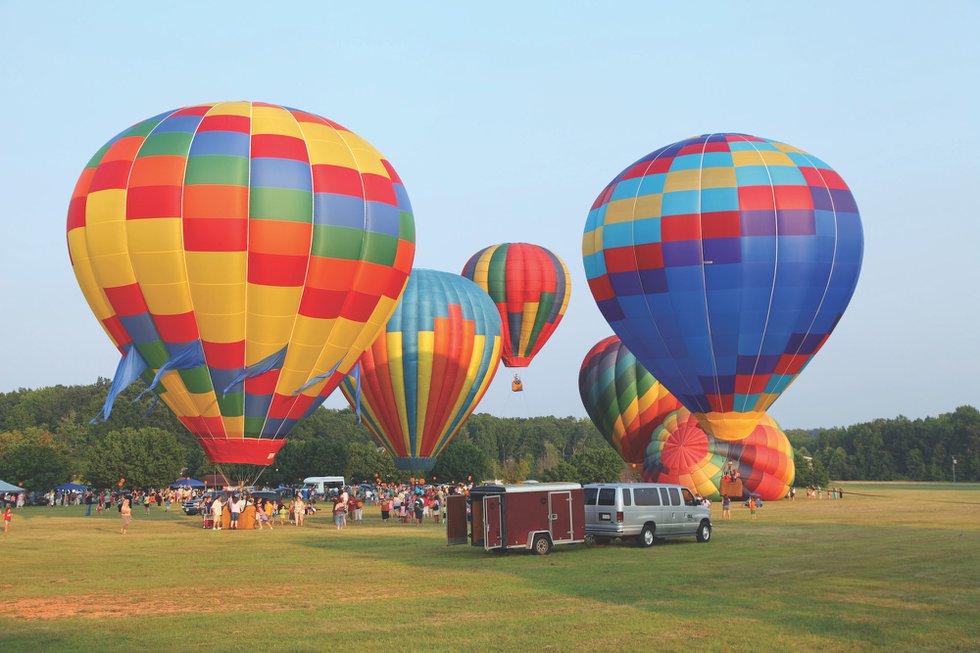Charlottesville’s Common House presents a hip new twist on the old-school social club.

Front desk.
Photos by 621 Studios

Work space.

Common work space.

Library.

Billiards room.

Rooftop terrace.

Stairwell mural.
Five years ago, 41-year-old filmmaker Derek Sieg was living in Los Angeles and making a documentary about, of all things, bridge. “At one point in time everyone who was anyone knew how to play,” he says. “However, eventually, things shifted and the game began to fade into obscurity.”
What happened? “I realized that back in the ’20s, ’30s and ’40s people were sort of expected to belong to adult social clubs where they’d get together and convene outside of their homes,” explains Sieg. “Suddenly I looked around and thought, holy crap, the vast majority of people living in this country don’t have access to anything like that anymore. You can go to a bar or a friend’s house, or maybe attend an event, but that’s about it.”
Realizing this made him question the move he had been considering back to his native city of Charlottesville. Later, he discovered longtime friend Josh Rogers, also 41, who had worked for 15 years as a branding and communications executive in New York and was then living in San Francisco, had similar thoughts. “We were talking about going home and we loved the idea of the laid-back lifestyle and absolute beauty of the place, but were wary of letting go of our big city social lives,” says Sieg. “You know, how do you quickly integrate into a new community and meet interesting people?”
That’s when it struck them. What the area needed was a modern day social club. As members of the Soho House clubs—Rogers in New York and Sieg in Los Angeles—the two knew the value of the idea. “They’re these large-scale clubs where creatives living in the city can get together to eat, drink, meet and socialize,” says Sieg, adding that Soho built its first club in London in 1995 and currently operates 18 worldwide. “We thought, why not do something similar, but on a smaller scale and customized to suit the needs of a Southern city like Charlottesville?”
Smitten by the concept, the two began to brainstorm, and soon after, inspiration carried them back to the East Coast, where they entered into a partnership. In 2013, they purchased a building.
Located just off the downtown mall in the city’s historic Vinegar Hill district, in the heart of what was once a vibrant African-American neighborhood and urban center, the Mentor Lodge was constructed in 1913. When Sieg and Rogers bought it, it was little more than a decaying brick husk, though it had formerly housed the district’s most happening club for more than 60 years. “There was music here every week, and people would come dance to big-name acts like Ray Charles and, yeah, play bridge upstairs,” says Sieg with a laugh. “The place had great history, great location and such an amazing vibe. It was a perfect match.”

Social room.
Photos by 621 Studios

Fireplace in the social room.

Social room seating.

Social room bar.
By 2016, the two were deep into a full-on renovation. They salvaged as much of the building’s historic materials as they could, cleaning bricks and repurposing wood siding into flooring. Meanwhile, they’d recruited a third partner, Ben Pfinsgraff, 33, to serve as chief operating officer (the trio are University of Virginia grads). Pfinsgraff, who has experience in business finance and the hospitality industry, came onboard after purchasing a membership in 2014 for the then-hypothetical club. “I’d moved to Charlottesville from New York and heard about a hip new club where like-minded people could join and basically become part of this communal home-away-from-home,” he says. “My wife and I looked at the materials and were blown away. At that point, it was just an idea, but I bought a membership then and there.”
Pfinsgraff wasn’t alone. When the club opened in May, it already had 360 members. What was it that won them over? While definitely high-end and featuring an impressive list of amenities, the 7,000-plus square-foot Common House is also startlingly economical; memberships cost $150 a month for individuals and $200 for couples (initiation fees run $600 for individuals and $1,000 for couples).
On the first floor, walls adorned with murals painted by local artists enclose a huge shared workspace, which is available to members during the day. An opening in the wall reveals an industrial kitchen that offers an all-day mostly farm-to-table menu worthy of any area restaurant—the blistered shishito peppers and scallops with fresh herbs and roasted garlic chips served over farro are to die for. In the evenings and on special occasions, the space is transformed into a dining, concert or lecture hall with the club presenting hands-on classes like how to butcher a pig or tend bees (members can also rent the space for receptions and special dinners). There is a floating oak staircase leading to the second floor, which comprises a members-only library and reading room, a light-filled and marble-lined tearoom, bar and restaurant, lounge areas, double-sided wood fireplace and a full-size billiard room. A small but elegant bridge room is equipped with dumbwaiter, vintage hi-fi stereo and collection of vinyl records. Upstairs is a 2,000-square-foot rooftop terrace and bar overlooking Charlottesville and the Blue Ridge Mountains. Wait staff patrol the entire building and mixologists are on call to create cocktails day and night. Meanwhile, members may host multiple guests—up to three without prior notice—join inter-organizational clubs like chess or film, and access a 100-yard spring-fed pool called the Blue Ridge Swim Club, which is located just outside of town. (Club policy discourages the use of cell phones, tablets and computers on the second and third floors.)

Ben Pfinsgraff, Josh Rogers and Derek Sieg
Photo by 621 Studios
According to Pfinsgraff, the Common House’s mission is in its name, and its clientele is self-selecting. “We’ve sought—and continue to seek—a diverse membership of all ages who are creative-minded, intellectually curious and, above all, have a genuine desire to be part of a community,” he says. “People are tired of the isolating digitization of social networks, and this is a fresh new alternative to old cloistering models like a country club or a women’s or a gentlemen’s club. What our members want is to meet, befriend and enjoy new people, and they want to meet people that aren’t exactly like them.”
Based on the success of the Charlottesville location, which they hope will soon grow to include 500 members, Sieg, Pfinsgraff and Rogers have plans to open similar clubs in cities throughout the South, including Richmond, Raleigh and Atlanta.
“This is about inclusivity and community,” says Sieg. “There’s a substantial and growing desire in our culture for true, meaningful connection with likeminded people, and we’re looking to create a solution that transforms that desire into a reality.” CommonHouse.com
This article originally appeared in our October 2017 issue.









